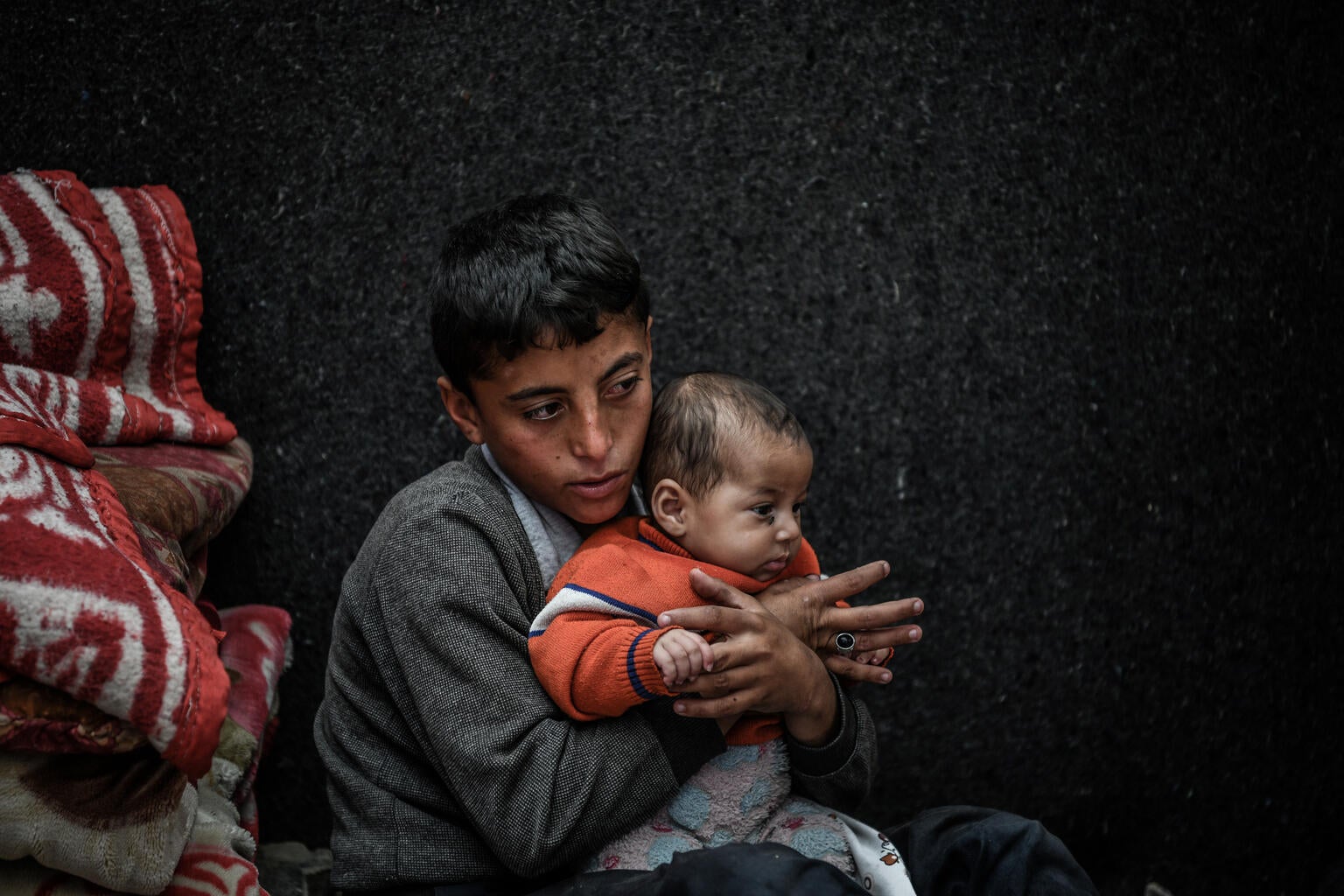Aid groups say Gaza food crisis is at a tipping point

A number of aid groups, malnutrition experts, and the United Nations have warned of a critical hunger crisis in Gaza, with diminishing supplies of fortified milk and nutritious pastes driving a sharp rise in malnutrition, as reported by Asharq Al-Awsat via Reuters on August 22nd.
An interim statement from the Integrated Food Security Phase Classification (IPC) in late July sounded the alarm. In just under the first three weeks of August alone, Gaza’s Health Ministry—whose figures were verified by the World Health Organization (WHO)—reported 133 fatalities due to malnutrition or starvation for that time-frame, including that of 25 children under 18, compared with 89 fatalities in the 22 months after the October 7th 2023 attacks.
Aid workers have said that although Israel began allowing more aid into Gaza late last month, food volumes remain inadequate and distribution remains disjointed. Supplies of therapeutic milks and ready-to-use therapeutic foods (RUTFs) are grossly insufficient: UNICEF warns current stocks of baby formula would only serve 2,500 infants for a month. UNICEF has also said that RUTF stocks would only be enough for just under 5,800 children for a month, while actual needs are far greater.
At hospitals, desperate doctors struggle to treat the most vulnerable. At Gaza City’s Rantisi Hospital, an infant with bony arms was carried by doctor Ahmed Basal, who said formula costs up to $58 per carton, while many mothers are too malnourished to breastfeed their babies.
WHO reported that cases of wasting in children under five almost increased twofold from June to more than 12,000, while over 2,500 suffered from the most extreme type of weight loss that can cause death. Yet only 3% of the estimated 290,000 children needing supplements received them in July— a sharp decline from the average of 26% between April to June.
The situation continues to rapidly deteriorate as talks for a ceasefire and the entry of humanitarian aid in the enclave are ongoing. Hamas accepted a ceasefire deal proposed by Arab mediators, however, talks continue as the Palestinian group also requested an alteration to the ceasefire proposal, in which Israeli forces are to withdraw over 800 metres from Gaza’s residential areas.
Israel has yet to comment on the proposal but has declared that they want all 50 hostages in Gaza, freed.
At the same time, efforts to deliver humanitarian aid to Gaza are ramping up, with a new mission led by the United Nations and supported by the international charity World Central Kitchen, planning to deliver 1200 tons of food aid to Gaza.
The vessel, loaded with 52 containers of pasta, rice, canned goods, and baby food, was screened by Israeli officials in Limassol before it travelled. Roughly 700 tons of the shipment was bought by Cyprus using funds donated by the United Arab Emirates to the Amalthea Fund, while the rest came from Italy, Malta and Kuwait’s Al Salam Association.
Asharq Al-Awsat via Reuters, Maghrebi.org
Want to chase the pulse of North Africa?
Subscribe to receive our FREE weekly PDF magazine














